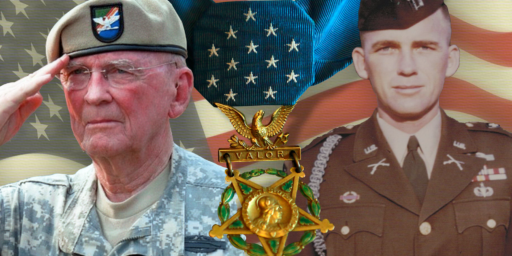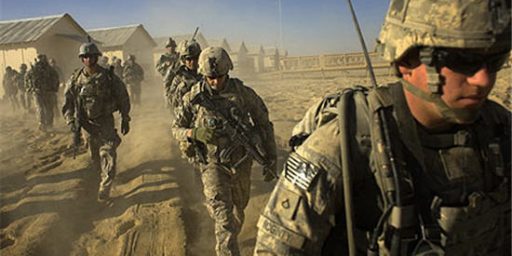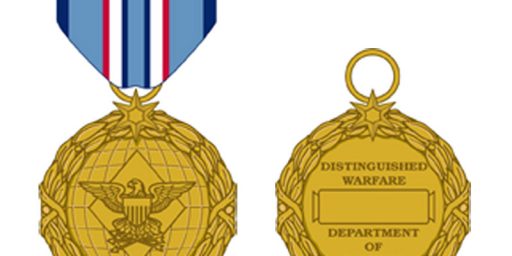ON HEROES
An elaboration on an earlier post in response to some comments: It cheapens the term “hero” to apply it casually, something I see happening all too frequently. For example, everyone who got killed in 9/11 wasn’t a hero. Firefighters who went into the buildings in order to save the lives of others, knowing they could themselves die, are heroes. Accountants who got blown up in the WTC, unless they died trying to save someone else or otherwise distinguished themselves, are victims not a heroes.
Similarly, most soldiers aren’t heroes. Can a supply clerk be a hero? Sure. But most aren’t. They play a vital part in the war effort, deserve a pat on the back for a job well done, etc. But unless they are going above and beyond the call of duty in some way, and at least operating under fire, they aren’t heroes in the same way as Navy SEALS, Rangers, and Special Forces troops who staged the daring rescue of PFC Jessica Lynch.
In Desert Storm, I was an artillery platoon leader. I even got a Bronze Star out of it. Was I a hero? No. While my platoon put lots of rockets on the enemy, and presumably played some small part in our winning the war, I never came under enemy fire. Not being a hero isn’t the same as being a coward; but it isn’t the default position, either.
Yes, our soldiers have volunteered for service and thus the risk of being sent to combat. Some do it to “serve their country.” Others do it for mundane reasons–money for college, it pays better than other jobs they’re qualified for, a pension after 20 years, a chance to travel, a desire for adventure, or whatever. But if that’s enough to earn the title “hero,” then it is an almost meaningless term. And what do we then call the relative few among that vast group of heroes who show exceptional bravery in combat?






How does a guy get a bronze star without ever coming under fire? Not sarcastic, just curious.
The Bronze Star was created late in World War II to give non-aviation personnel an equivalent to the Air Medal, which was awarded simply for participating in flights in a combat zone in any crew capacity. The Bronze Star is awarded for either valor (in which case a “V” device is pinned on the medal and ribbon, meritorious achievement (accomplishment over a short period of time), or meritorious service (basically, just being there but doing a good job). Mine was in the second category. Indeed, virtually all Bronze Stars are awarded for something other than valor.
And, indeed, the level of valor required to get a Bronze Star tends to be very, very low. People who do things that most of us would consider truly “heroic” usually get a Silver Star or higher.
—